Richest 1% own more than the rest of us: Oxfam
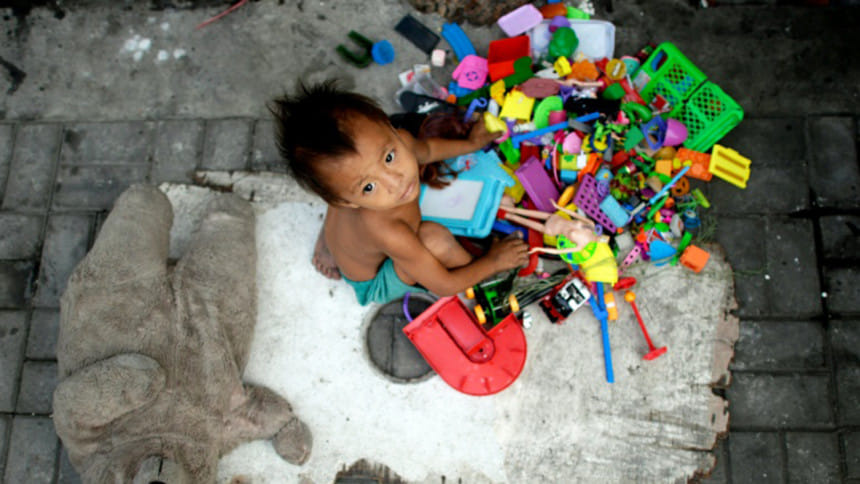
The richest one percent of the world's population now own more than the rest of us combined, aid group Oxfam said Monday, on the eve of the World Economic Forum (WEF) in Davos.
"Runaway inequality has created a world where 62 people own as much wealth as the poorest half of the world's population -- a figure that has fallen from 388 just five years ago," the anti-poverty agency said in its reported published ahead of the annual gathering of the world's financial and political elites in Davos.
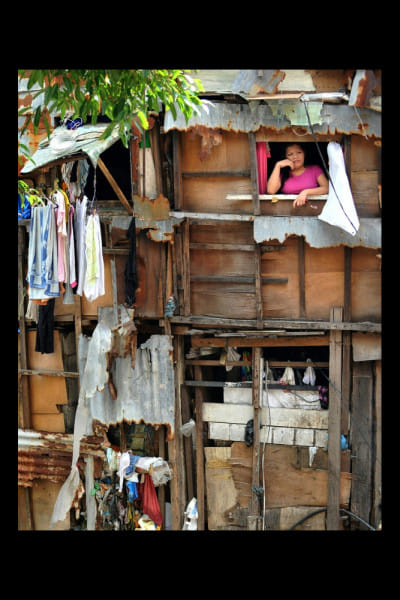
"One of the other key trends behind rising inequality set out in Oxfam International's report is the falling share of national income going to workers in almost all developed and most developing countries... The majority of low paid workers around the world are women."
Although world leaders have increasingly talked about the need to tackle inequality "the gap between the richest and the rest has widened dramatically in the past 12 months," Oxfam said.
Oxfam's prediction, made ahead of last year's Davos meeting, that the richest one percent would soon own more than the rest of us, "actually came true in 2015," it added.
While the number of people living in extreme poverty halved between 1990 and 2010, the average annual income of the poorest 10 percent has risen by less than $3-a-year in the past quarter of a century, a increase in individuals' income of less than one cent a year, the report said.
'Few dozen super-rich people'
More than 40 heads of state and government will attend the Davos forum which begins late Tuesday and will end on January 23.
Those heading to the Swiss resort town for the high-level annual gathering also include 2,500 "leaders from business and society", the WEF said in an earlier statement.
Describing the theme -- the Fourth Industrial Revolution -- WEF founder Klaus Shwab has said it "refers to the fusion of technologies across the physical, digital and biological worlds which is creating entirely new capabilities and dramatic impacts on political, social and economic systems."
62 people have the same amount of wealth as half the world says Oxfam https://t.co/BDq1nfTvew via @smh #MakeTaxFair pic.twitter.com/tZVwpS0Pab
— Oxfam Australia (@OxfamAustralia) January 18, 2016
New Oxfam report: richest 62 people have same wealth as poorest 3.6 bn https://t.co/WWhXXmREur #inequality #EvenItUp pic.twitter.com/kx3kgPHcNX
— Oxfam International (@Oxfam) January 18, 2016
Oxfam International Executive Director Winnie Byanima, who will also attend Davos having co-chaired last year's event, said: "It is simply unacceptable that the poorest half of the world's population owns no more than a few dozen super-rich people who could fit onto one bus."
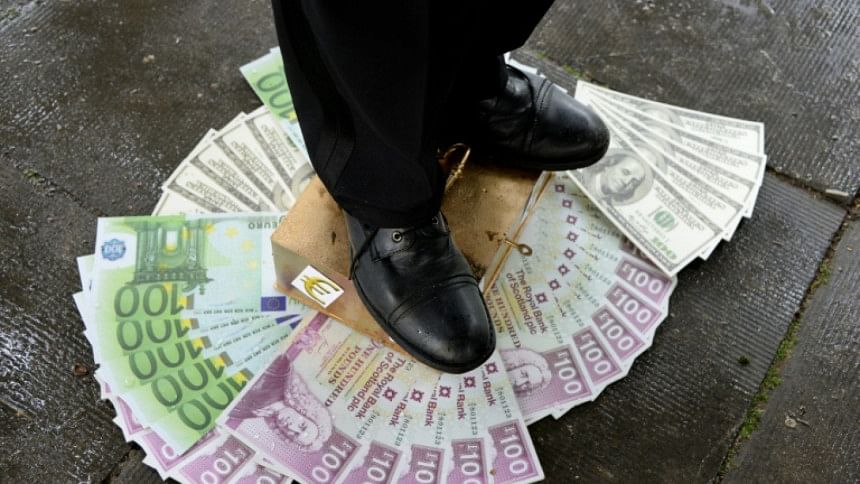
End tax-havens era
As a priority, Oxfam is calling for an end to the era of tax havens which has seen the increasing use of offshore centres to avoid paying taxes.
"This has denied governments valuable resources needed to tackle poverty and inequality," the report said.
As much as 30 percent of all African financial wealth is estimated to be held offshore, it added, costing an estimated $14 billion in lost tax revenues every year.
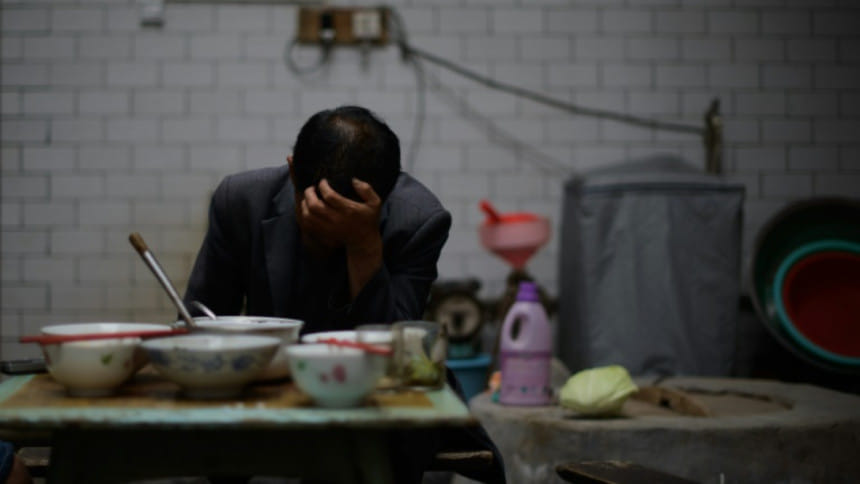
Byanima challenged those attending the Davos meeting "to play their part in ending the era of tax havens, which is fuelling economic inequality and preventing hundreds of millions of people lifting themselves out of poverty".
Staggering #inequality is being fueled by tax havens. Sign our petition to #endtaxhavens: https://t.co/0QcuB7kzXc pic.twitter.com/6KsRBKi7Va
— Oxfam International (@Oxfam) January 18, 2016
Of the 62 people said to hold as much wealth as the poorest 50 percent, Oxfam said that 53 are men and just nine are female, highlighting that women are ill-represented even at the highest levels.
The headline Davos guests include British Prime Minister David Cameron, US Vice President Joe Biden, French Prime Minister Manuel Valls and newly-elected Canadian Prime Minister Justin Trudeau.
President Mauricio Marci of Argentina, Israeli Prime Minister Benjamin Netanyahu and Alexis Tsipars, the Greek prime minister, are also due to attend.
Oxfam said it had calculated the wealth of the richest 62 people using Forbes' billionaires list.

 For all latest news, follow The Daily Star's Google News channel.
For all latest news, follow The Daily Star's Google News channel. 


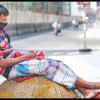
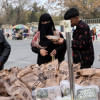
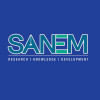

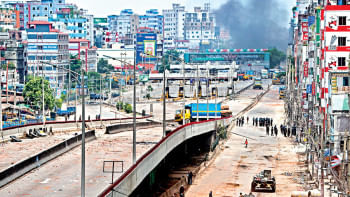
Comments